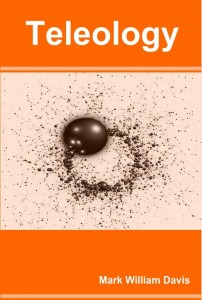 A new 14-year-old is an odd place to begin with a discussion of nature and nurture, but my new 14-year-old set me off on the topic of the is-ought barrier when we were discussing the hows and whys of his incredibly athletic cat, who is a natural born killer. 500 million birds each year! It was all theoretical because our cats are indoor only; a dozen moths and flies, maybe.
A new 14-year-old is an odd place to begin with a discussion of nature and nurture, but my new 14-year-old set me off on the topic of the is-ought barrier when we were discussing the hows and whys of his incredibly athletic cat, who is a natural born killer. 500 million birds each year! It was all theoretical because our cats are indoor only; a dozen moths and flies, maybe.
But related is “Bright Minds and Dark Attitudes: Lower Cognitive Ability Predicts Greater Prejudice Through Right-Wing Ideology and Low Intergroup Contact,” a fascinating study by Hodson and Busseri at Brock University in Canada, which apparently is also involved in the NASA Curiosity project. The study suggests that stupidity (in the form of low g or “general intelligence”) leads to right-wing ideals, which is perhaps comforting to those opposed to right-wing ideals but has limited utility otherwise. Conservatives, of course, shot at the messenger while liberals endorsed it.
Drilling down into the results reveals some intricacies, however. Low g or IQ correlated with low abstract thinking and also with limited contact with social groups that were not like-minded. This leads, in turn, to questions about g and its stability as a measure: for instance, the Flynn Effect might be explained by a broadly more stimulating environment for individuals. Now, let’s say that the stimulating environment is a result of greater social contact and social requirements for intelligence as manifested through school and complex interactions in urban and suburban environments (as distinct from isolated agrarian communities in the past). After all, one explanation for enhanced verbal and mathematical psychometric performance among Ashkenazi Jews is the so-called “shtetl” effect wherein urban channeling and genetic isolation might have produced a “founder effect” with selective pressure towards certain capabilities.… Read the rest









